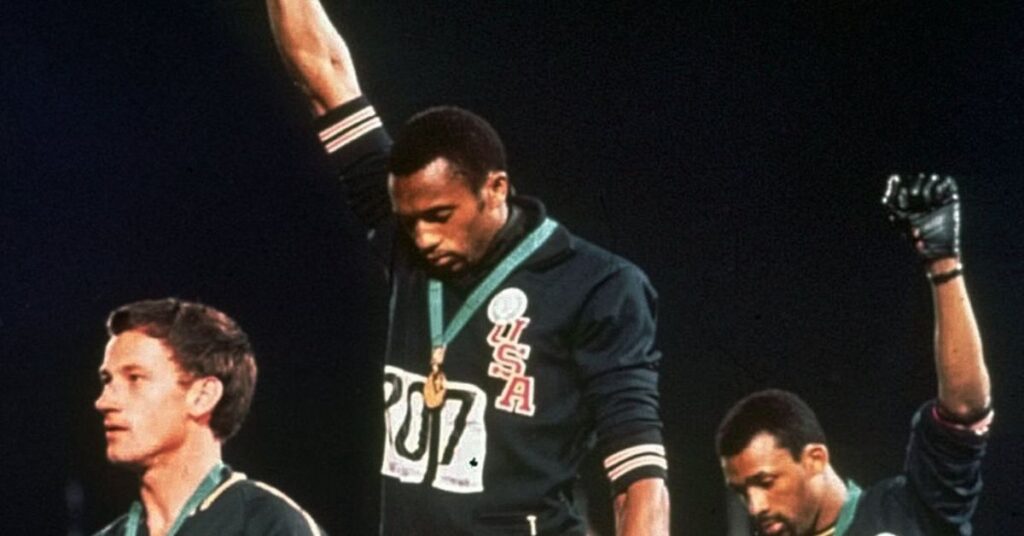Peter Norman, an Australian sprinter, holds a significant place in both sports history and social activism. Born on June 15, 1942, in Coburg, Victoria, Norman became a household name during the 1968 Mexico City Olympics. Competing in the 200-meter race, he achieved an extraordinary feat by winning the silver medal with a time of 20.06 seconds.
This performance not only marked his personal best but also set an Australian record for the 200 meters.

Norman’s achievement was remarkable as he managed to split two American sprinters, Tommie Smith and John Carlos, who were favorites to dominate the race. Smith won gold with a world-record time of 19.83 seconds, while Carlos secured bronze at 20.10 seconds. Norman’s silver-medal-winning run was not just about speed; it symbolized determination and excellence on the global stage.
Beyond his athletic prowess, Norman is remembered for his role in one of the most iconic moments in Olympic history. During the medal ceremony, he stood in solidarity with Smith and Carlos as they raised their fists in a “Black Power” salute to protest racial injustice. Norman wore a badge supporting the Olympic Project for Human Rights as a gesture of unity and support for their cause. This act of courage made him a symbol of equality and human rights advocacy.
Throughout his career, Norman won five national championships in the 200 meters and represented Australia in multiple Commonwealth Games. Despite facing political backlash after the 1968 Olympics, he continued to compete at high levels and participated in events like the Edinburgh Commonwealth Games in 1970.
Peter Norman passed away on October 3, 2006, but his legacy endures. In recognition of his contributions to both sports and social justice, USA Track and Field declared October 9 as “Peter Norman Day.” A statue honoring him was unveiled outside Melbourne’s Lakeside Stadium in 2019, cementing his place as one of Australia’s most respected athletes and activists.


